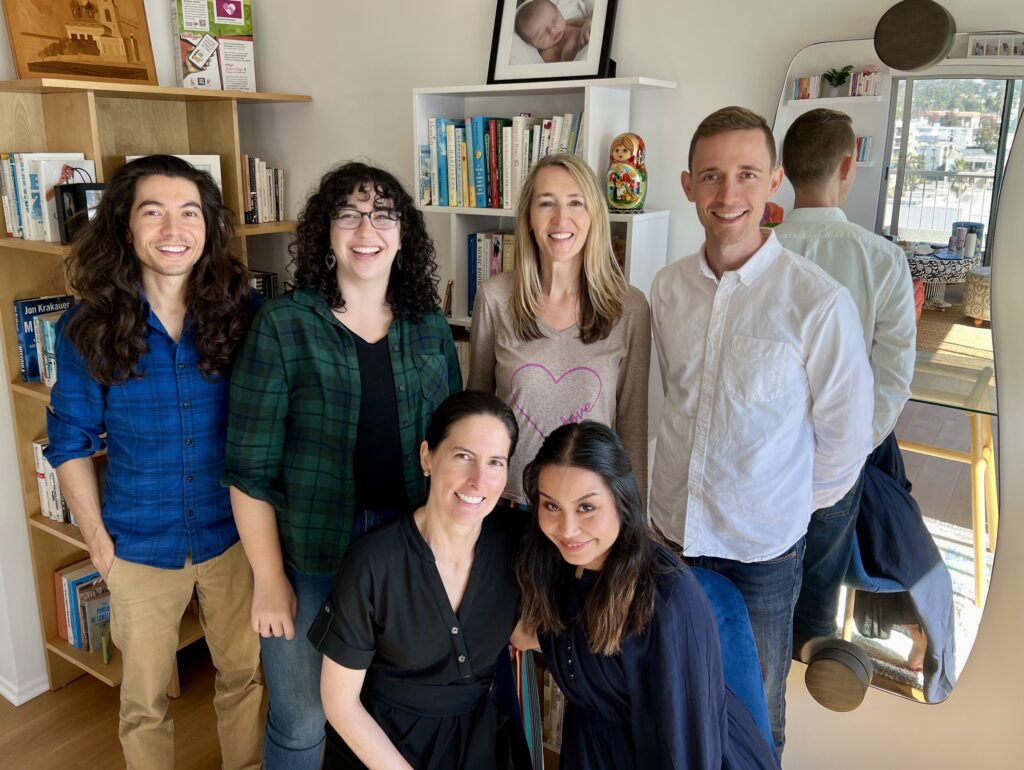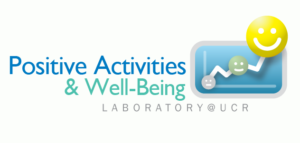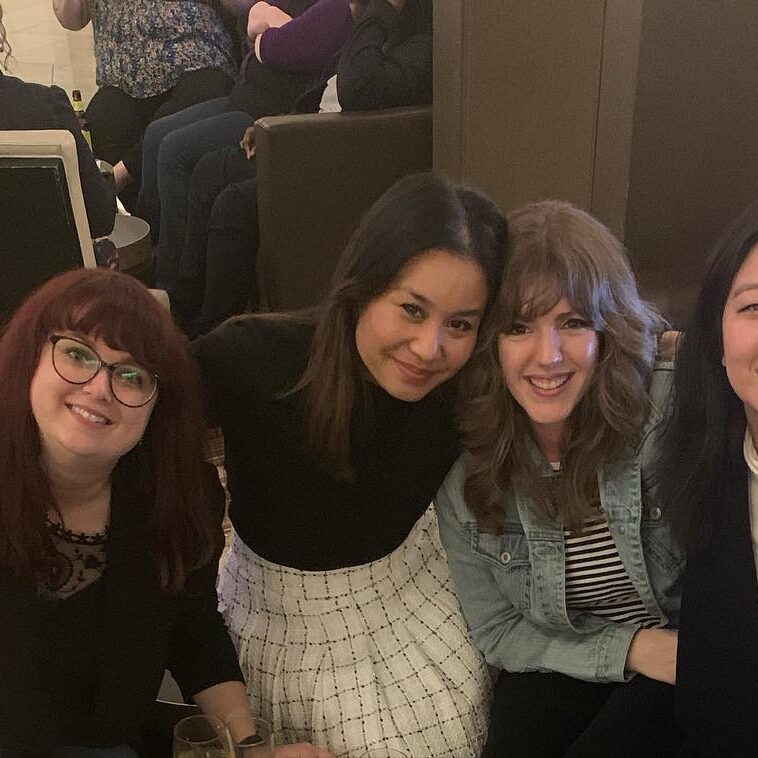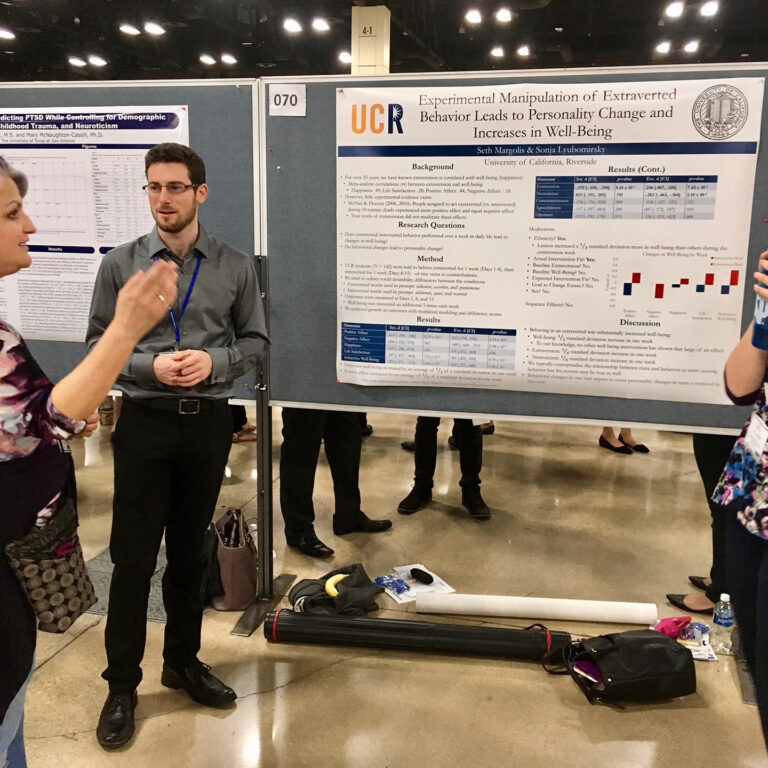
If you’re interested in becoming a research assistant in our laboratory, please contact one of my doctoral students email pawlab@ucr.edu.
You must be a Junior or a Senior (or have completed Psych 1, 2, 11, and 12), need to have at least a B+ average GPA in Psychology and have the ability to work for 2 to 4 units (i.e., 6 to 12 hours per week). Additionally, a two-quarter minimum commitment is required. You will receive an email if your application is accepted.




